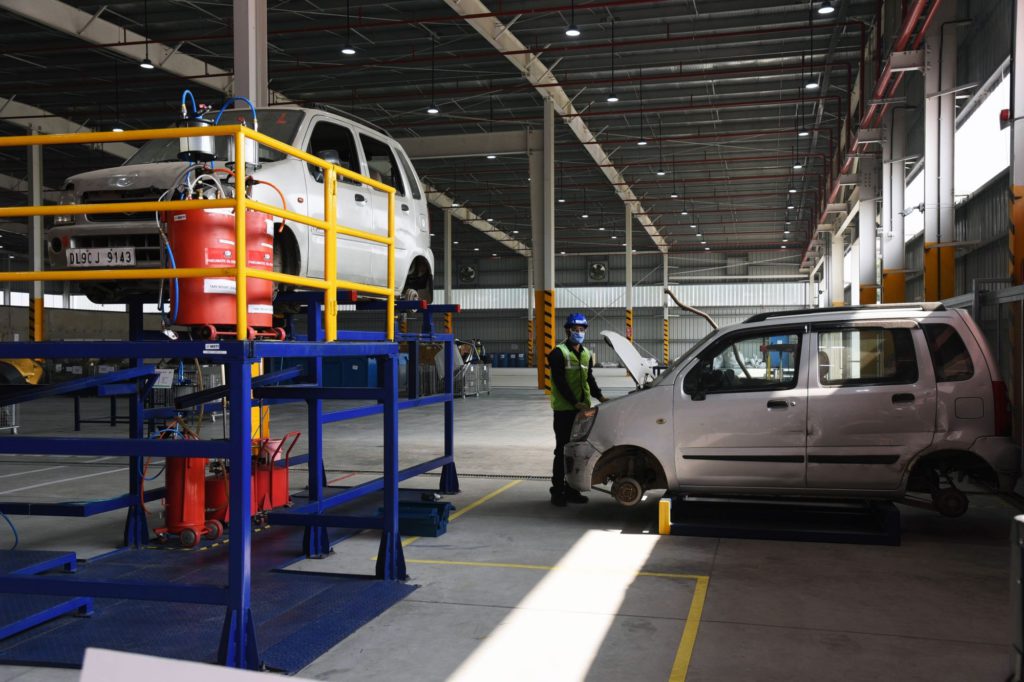India’s biggest carmaker, Maruti Suzuki India Ltd., said government levies put vehicles beyond the reach of much of the population, adding to criticism of the country’s tax regime from Tesla Inc. and Toyota Motor Corp.
(Bloomberg) — India’s biggest carmaker, Maruti Suzuki India Ltd., said government levies put vehicles beyond the reach of much of the population, adding to criticism of the country’s tax regime from Tesla Inc. and Toyota Motor Corp.
“Government policies are such that they treat cars as luxury products that need to be heavily taxed,” Maruti Chairman R.C. Bhargava said at an event in New Delhi Monday. “Car affordability is not at all related to income.”
Car-industry growth in India has slowed to 3% from 12% in the past twelve years, partly due to poor government policies, Bhargava said.
Maruti’s cheapest car costs 339,000 rupees ($4,100). A goods and services tax of 28% applies to most new cars, according to the IndiaFilings website.
India’s per capita income is about $2,300 a year, compared with $12,500 in China and $69,000 in the US, according to the World Bank. Just 7.5% of Indian households own a car — lower than in China, where almost half of urban homes and one quarter of rural households own a car.
Billionaire Elon Musk in 2019 said India’s duties prevented Tesla importing electric cars to test demand before committing to build a local factory. Toyota halted expansion in India in 2015 due to high tariffs.
Maruti Chief Executive Officer Hisashi Takeuchi, speaking at the same event, said the company has some gaps in its product portfolio and is working on strengthening the lineup. The carmaker, which sells cheaper entry-level cars, will introduce two new sports utility vehicles in January, he said.
More stories like this are available on bloomberg.com
©2022 Bloomberg L.P.










